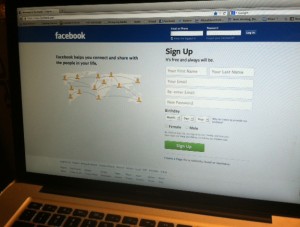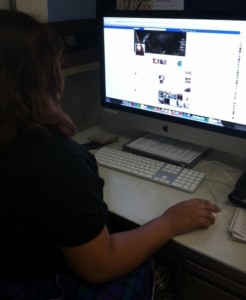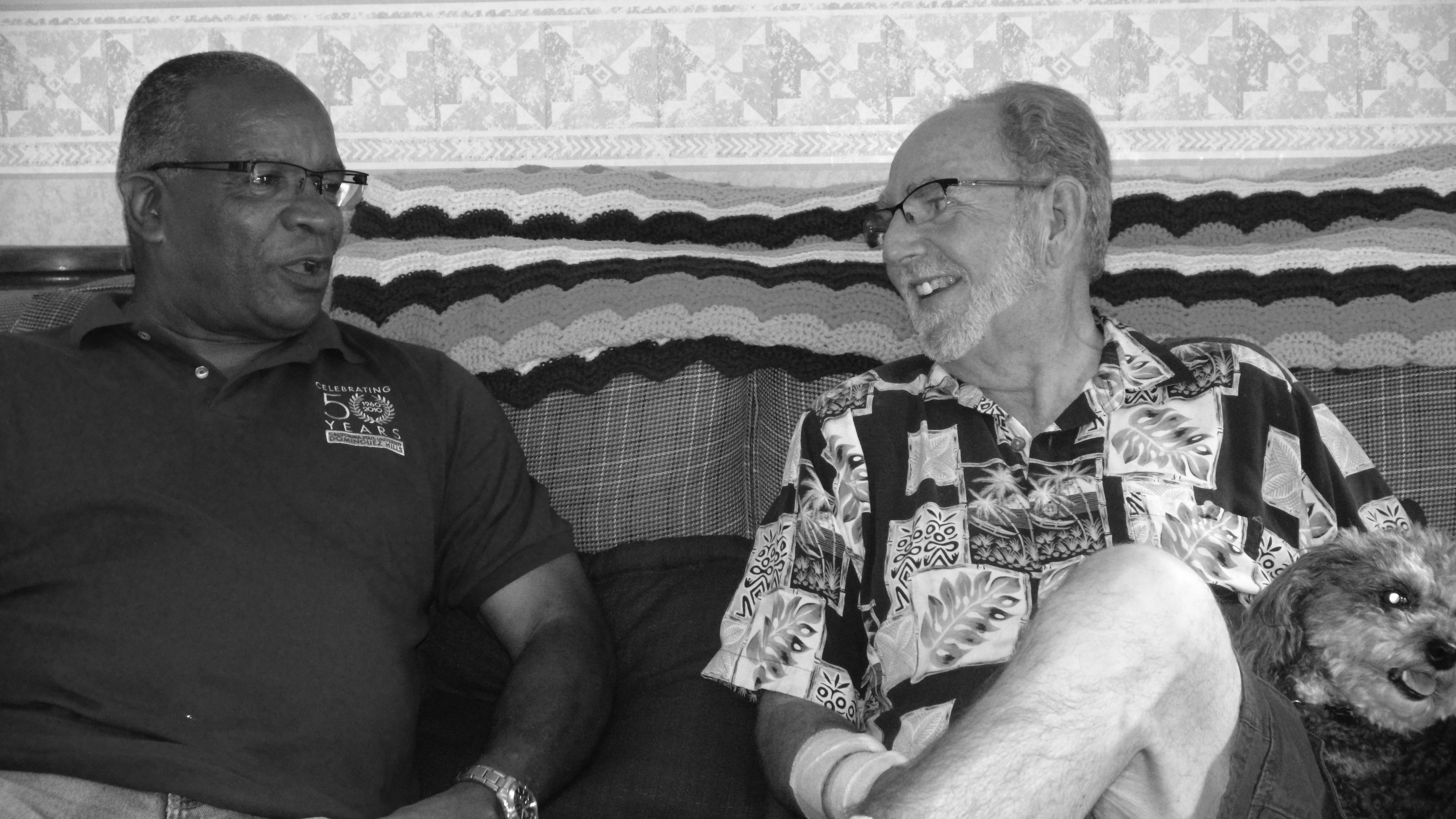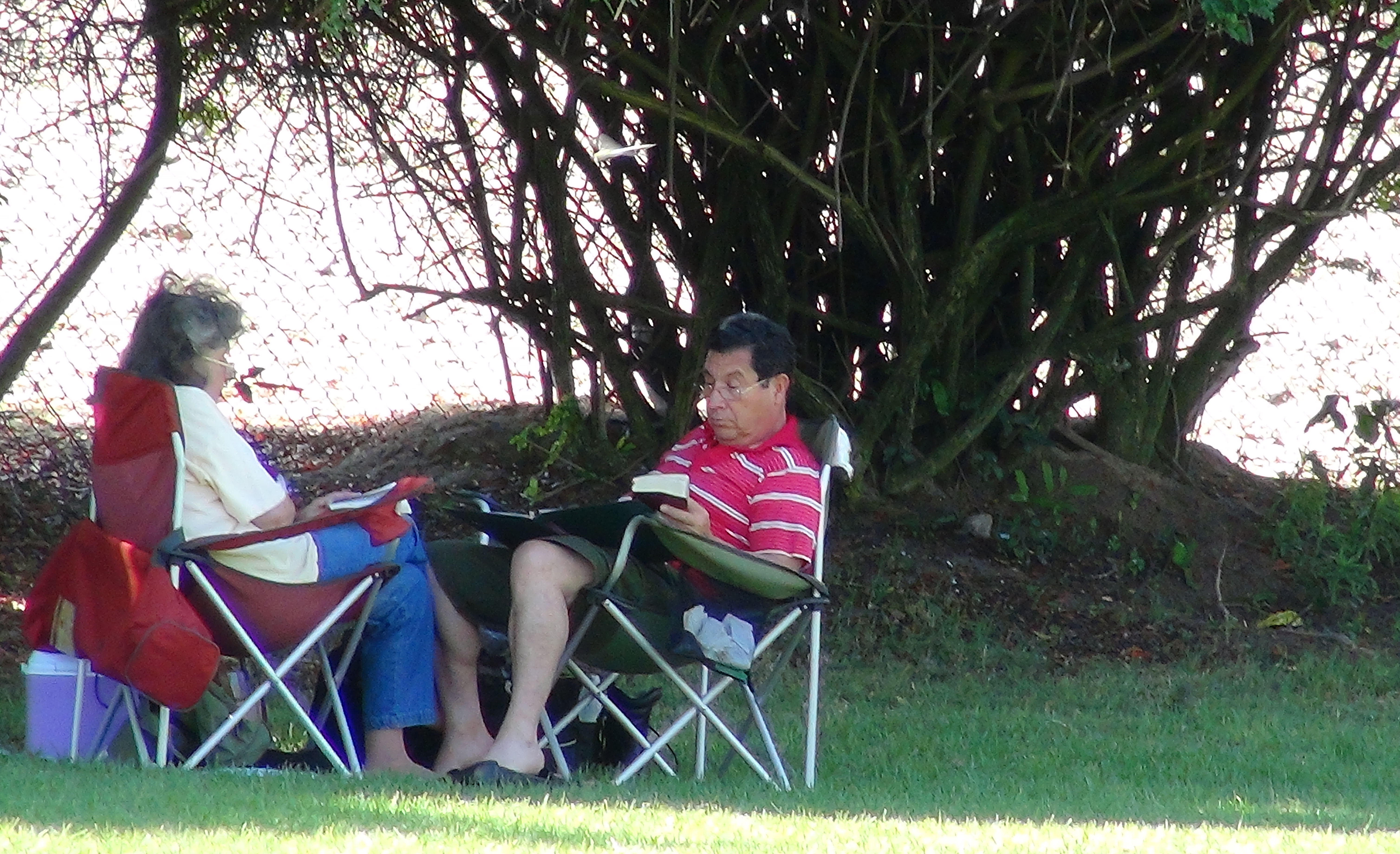California’s Social Media Privacy Act to protect social media users from employers and universities

Photo by: Alicia Edquist
Effective as of Jan. 1, California became the first state to protect its residents from employers and universities asking for passwords for social media and email accounts.
The Social Media Privacy Act was passed on Sept. 27, 2012 was signed by California Governor Jerry Brown. Assembly Bill 1844 protects employees and job applicants while Senate Bill 1349 will protect students and applicants from college and universities.
These bills will prevent colleges and employers from demanding passwords to social media and email accounts of current and prospective employees and students.
Users of social media networks have been concerned about the invasion of privacy from current and prospective employers and colleges using information from these sites to check in on staff and applicants.
Yesenia Sanchez, sales manager who lives in Norwalk, Calif. has had several experiences with her privacy and social media colliding both in her personal as well as professional life.
She has four Facebook profiles for various purposes, but mostly to create a separation between her personal and professional work.
Sanchez prefers to keep her personal life private from her professional life, “I am a normal person and I am a manager. It’s important to have a separation because I don’t want it (personal) to affect the way employees see me at work,” she said.
When it comes to employers asking for passwords to social media accounts and other information, Sanchez said, “I don’t think it is right for an employer to even do that.”
She is happy that the state of California is the first to have Social Media Privacy Act.
“I think it is good that employers don’t request that information from its employees or have the right to get that information. Some things need to stay private,” she said.
She believes in maintaining a more professional Facebook and she uses other social networking sites like Linkedin to put professional information up without people looking at your personal stuff.
She is not friends with her employees on Facebook and uses her personal work Facebook to connect with other managers in company. “I don’t want to open that can of worms and see what employees are posting on their pages. I don’t want to cross that line. I want to be impartial like the good old days when work was work and your personal things were personal,” Sanchez said.

On a federal level Congress is re-introducing legislation on the Social Networking Online Protection Act (SNOPA) trying to protect social media users from employers on a federal level.
Social media user Jessica Cunningham of Maricopa, Ariz. is consumer sales trainer for Verizon has never really had issues with social media and privacy with the exception of someone trying to log in to her Facebook account.
“Facebook sends you a notification when someone tries to log in to your account from a different device. I had to sign up for the notification, but it was good so that I could go in and change my password,” she said.
When it comes to employers trying to ask for password information she does not like the idea. “I don’t think it is appropriate for my employer to ask for that information from me…I find it too invasive,” she said.
Cunningham would like to see a federal law for protection for the employees and a state law for Arizona for social media users.
“I think a state law would have a more direct impact,” she said.
Sanchez agrees that there should be a federal law that protects users of social media. “I would like them (Congress) to look into other laws protecting profiles and things that are being shared to the public,” Sanchez said.


